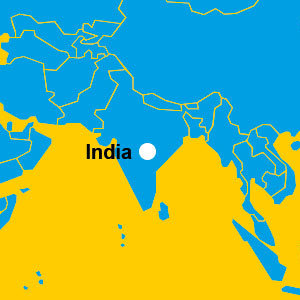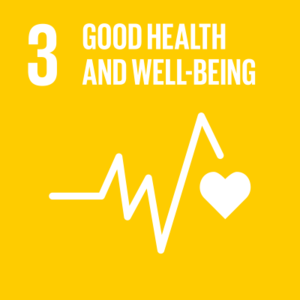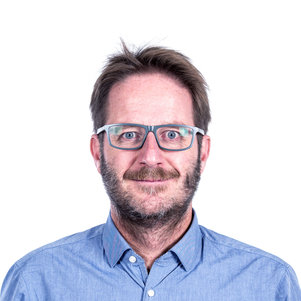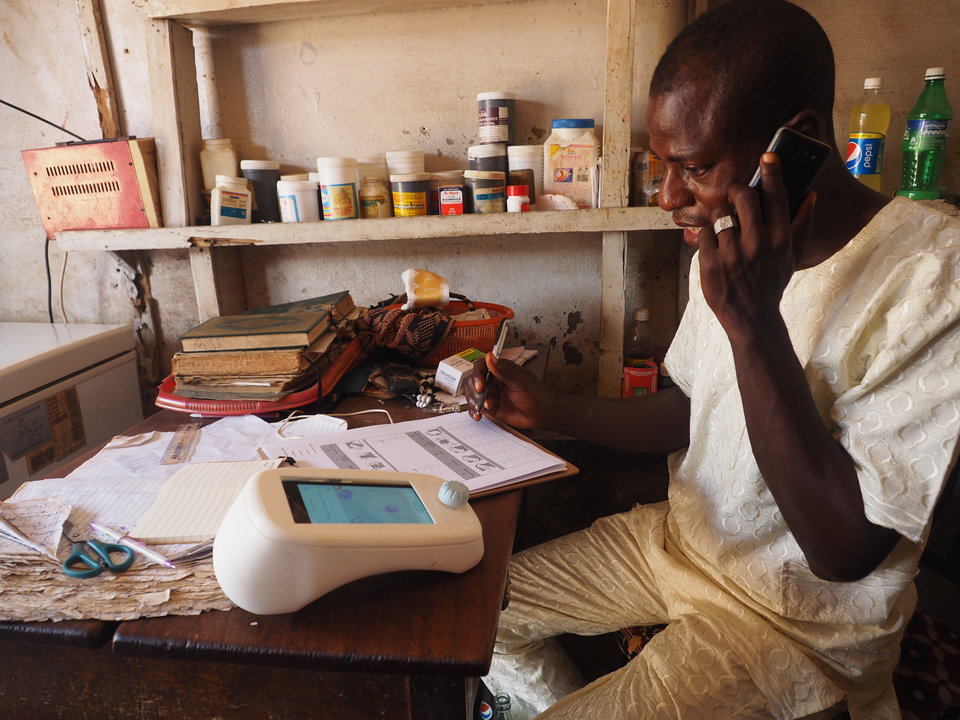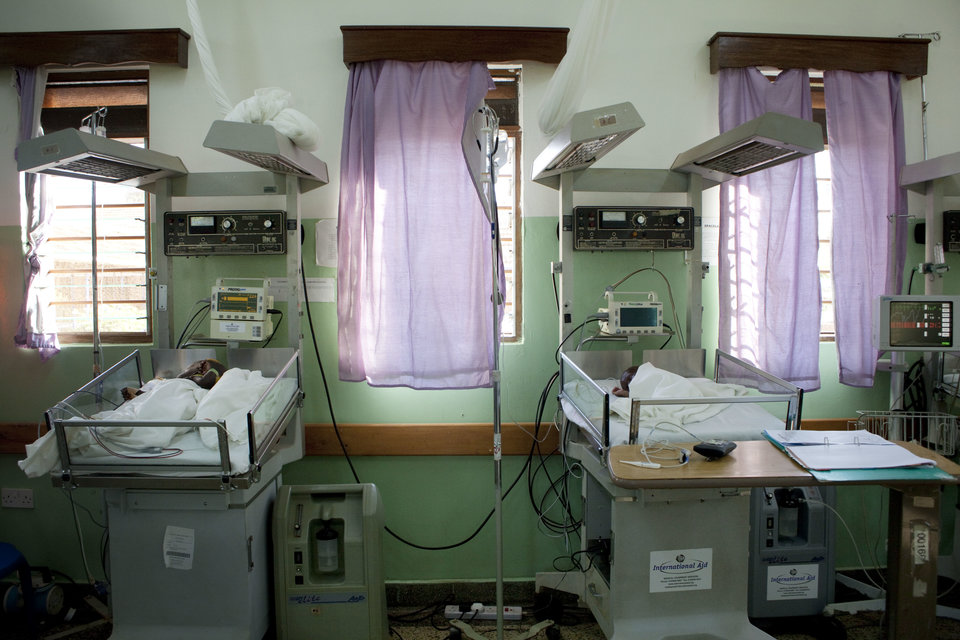2.5 Billion people globally lack access to safe and affordable sanitation. Therefore in 2011 the Bill & Melinda Gates Foundation set up a challenge to ‘Reinvent the Toilet’: a new sanitation system that would be clean, cheap to use and ultimately self-sustainable.
Delft University of Technology’s response to this challenge is a combination of advanced technology and user-centred design. Project coordinator is Aravind, Associate Professor at the Faculty of Mechanical Engineering: “We are developing a community-based sanitation system that upgrades human waste to energy at a gasification plant and processes water on-site. It’s a collaboration between the department of Process and Energy (within ME faculty), and the faculty Industrial Design Engineering.”
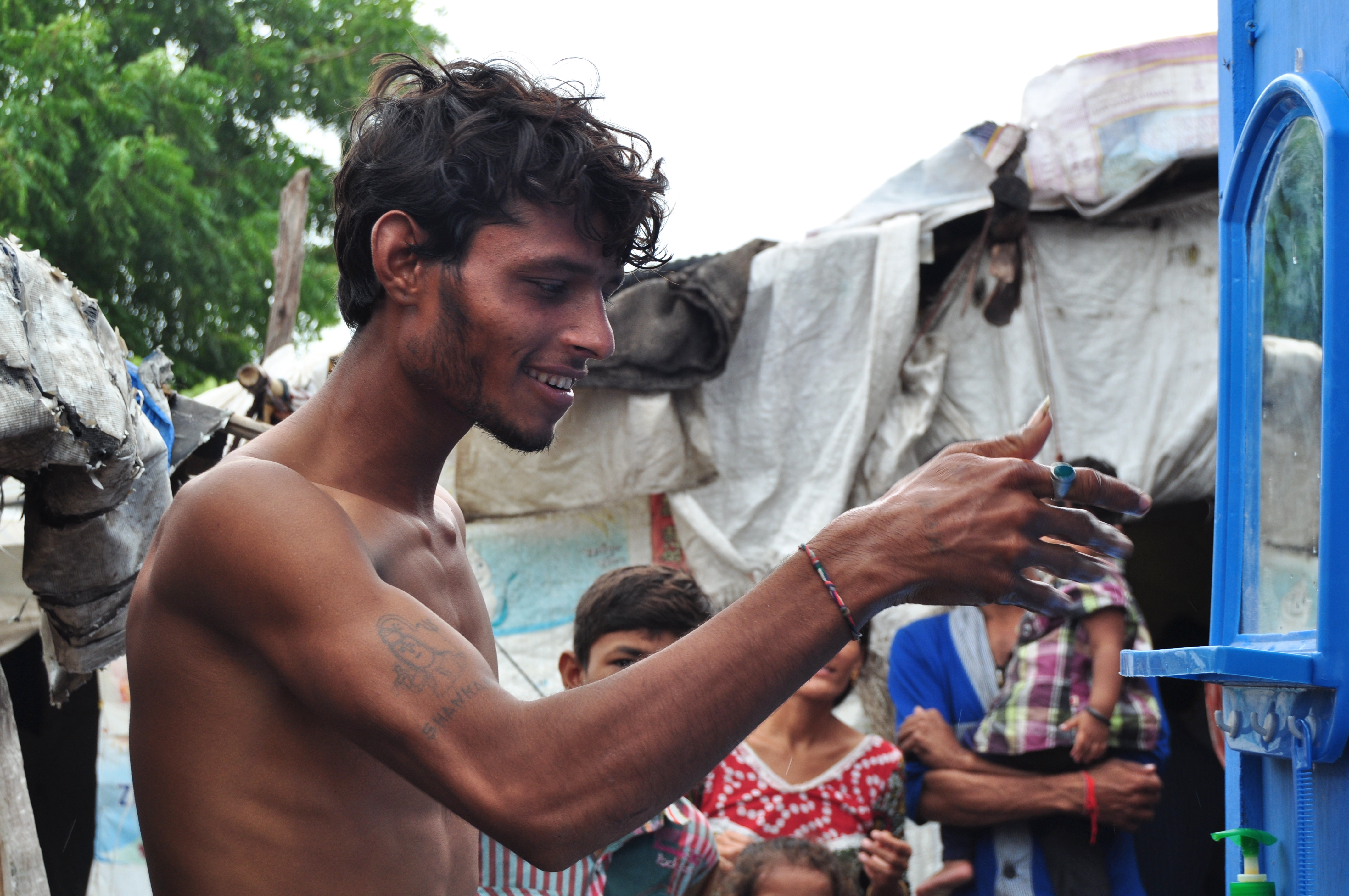
Gasification kills germs immediately and generates enough energy to run the system, creating a sustainable cycle. Once we get the gasification process operating continuously, the sanitation centre will become self-sustaining.
Aravind
The community sanitation centre would house toilets for the whole neighbourhood, a shop for personal hygiene products, a place where women can do laundry and a system for treating ‘grey’ washing water. The design of the building is asymmetrical, allowing men to make a quick visit and women to stay longer in a safe and relaxed environment.
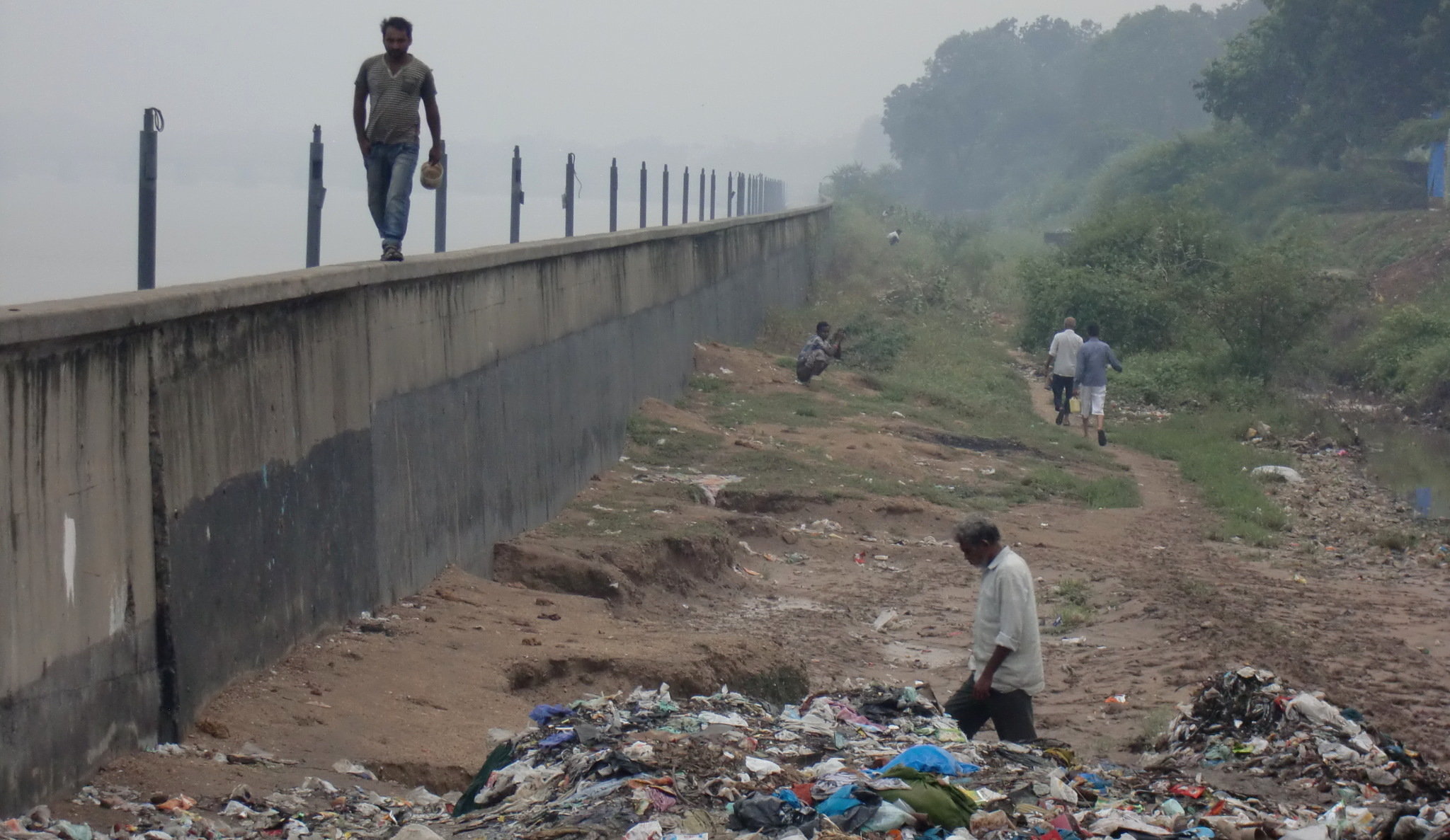
Meanwhile human waste will be used to produce electricity: “One of the best ways to treat the waste is using extremely high temperature microwave-assisted plasma gasification, a technique that we’re refining here in Delft.” Human waste is dried, converted into gas and then fed into a fuel cell.
Global Research Areas
| Health | |
| Water | |
| Energy | |
| Disaster Resilience and Response | |
| Urbanisation |
Contact
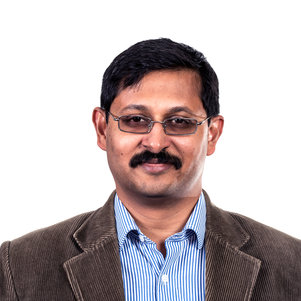
Aravind
